Speciality hospital beds are essential pieces of equipment that play a crucial role in providing care and comfort to patients in healthcare facilities. These specialized beds are designed to meet the unique needs of patients with specific medical conditions or requirements, offering enhanced features and functionality that promote healing and improve quality of life. For healthcare institutions looking to invest in high-quality speciality hospital beds, bulk purchasing offers a cost-effective solution that ensures access to the best conditions and benefits for both patients and caregivers. One of the key advantages of bulk purchasing speciality hospital beds is the opportunity to acquire a large quantity of beds at a discounted price. By buying in bulk, healthcare facilities can take advantage of economies of scale and negotiate favorable pricing terms with suppliers. This can result in significant cost savings for the institution, allowing for the allocation of resources to other areas of patient care and facility improvement.
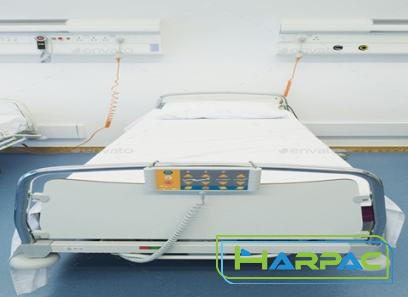
.
 One important consideration is the quality and safety of the speciality hospital beds being purchased in bulk. While cost is a significant factor, it should not come at the expense of patient well-being. Healthcare facilities must ensure that the beds meet industry standards for safety, durability, and performance, as well as the specific requirements of their patient populations and clinical settings. Conducting thorough research on the reputation and track record of suppliers, as well as requesting product samples and demonstrations, can help institutions assess the quality of the beds before committing to a bulk purchase.
One important consideration is the quality and safety of the speciality hospital beds being purchased in bulk. While cost is a significant factor, it should not come at the expense of patient well-being. Healthcare facilities must ensure that the beds meet industry standards for safety, durability, and performance, as well as the specific requirements of their patient populations and clinical settings. Conducting thorough research on the reputation and track record of suppliers, as well as requesting product samples and demonstrations, can help institutions assess the quality of the beds before committing to a bulk purchase.
..
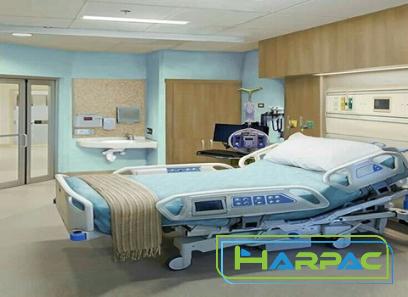 Furthermore, healthcare facilities should consider the training and support needs of staff when bulk purchasing speciality hospital beds. Implementing new equipment on a large scale requires comprehensive staff training programs to ensure that caregivers are proficient in using the beds safely and effectively. Suppliers often offer training sessions, user manuals, and technical support as part of bulk purchase agreements. Ensuring that staff are well-trained and supported can maximize the benefits of the new beds, reduce the risk of errors or accidents, and improve staff morale and job satisfaction. Additionally, healthcare facilities should consider the long-term maintenance and service requirements of speciality hospital beds when making a bulk purchase. Ensuring that suppliers provide reliable maintenance services, warranties, and replacement parts for the beds is essential for minimizing downtime, extending the lifespan of the equipment, and protecting the institution’s investment. Establishing a proactive maintenance schedule, tracking service records, and conducting regular equipment inspections can help healthcare facilities identify and address any issues promptly, ensuring that the beds remain in optimal condition and continue to meet patient care needs effectively.
Furthermore, healthcare facilities should consider the training and support needs of staff when bulk purchasing speciality hospital beds. Implementing new equipment on a large scale requires comprehensive staff training programs to ensure that caregivers are proficient in using the beds safely and effectively. Suppliers often offer training sessions, user manuals, and technical support as part of bulk purchase agreements. Ensuring that staff are well-trained and supported can maximize the benefits of the new beds, reduce the risk of errors or accidents, and improve staff morale and job satisfaction. Additionally, healthcare facilities should consider the long-term maintenance and service requirements of speciality hospital beds when making a bulk purchase. Ensuring that suppliers provide reliable maintenance services, warranties, and replacement parts for the beds is essential for minimizing downtime, extending the lifespan of the equipment, and protecting the institution’s investment. Establishing a proactive maintenance schedule, tracking service records, and conducting regular equipment inspections can help healthcare facilities identify and address any issues promptly, ensuring that the beds remain in optimal condition and continue to meet patient care needs effectively.
…
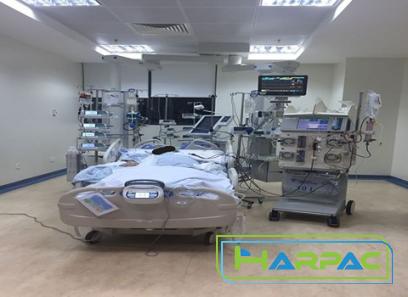 Lastly, healthcare facilities should consider the future scalability and flexibility of their speciality hospital bed procurement strategy. As patient populations, clinical practices, and technology evolve, institutions may need to adapt their bed inventory to meet changing demands and priorities. Bulk purchasing beds that allow for modular upgrades, expansion, or customization can help healthcare facilities future-proof their equipment investments and respond to emerging trends and challenges in the healthcare landscape. In conclusion, while bulk purchasing speciality hospital beds offers numerous benefits for healthcare facilities, it is essential for institutions to carefully evaluate the quality, compatibility, training, maintenance, and scalability considerations associated with this procurement strategy. By proactively addressing these factors and working closely with suppliers to address any challenges or concerns, healthcare administrators can ensure that their bulk purchase of speciality hospital beds delivers maximum value, enhances patient care outcomes, and supports the long-term success of their organizations.
Lastly, healthcare facilities should consider the future scalability and flexibility of their speciality hospital bed procurement strategy. As patient populations, clinical practices, and technology evolve, institutions may need to adapt their bed inventory to meet changing demands and priorities. Bulk purchasing beds that allow for modular upgrades, expansion, or customization can help healthcare facilities future-proof their equipment investments and respond to emerging trends and challenges in the healthcare landscape. In conclusion, while bulk purchasing speciality hospital beds offers numerous benefits for healthcare facilities, it is essential for institutions to carefully evaluate the quality, compatibility, training, maintenance, and scalability considerations associated with this procurement strategy. By proactively addressing these factors and working closely with suppliers to address any challenges or concerns, healthcare administrators can ensure that their bulk purchase of speciality hospital beds delivers maximum value, enhances patient care outcomes, and supports the long-term success of their organizations.
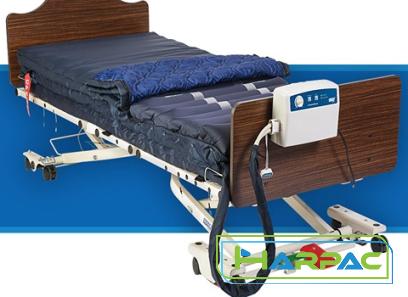
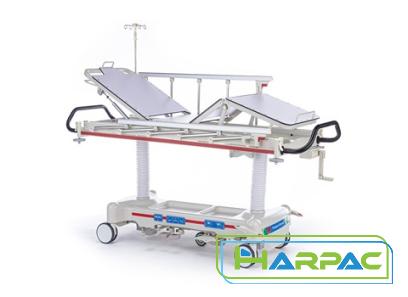
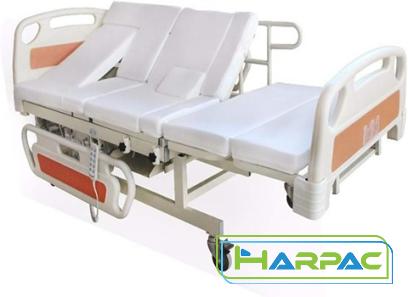

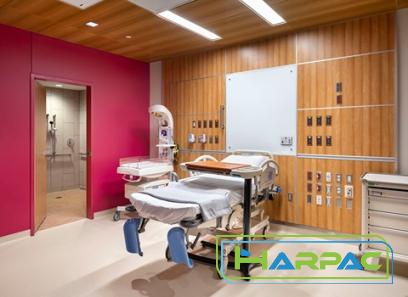
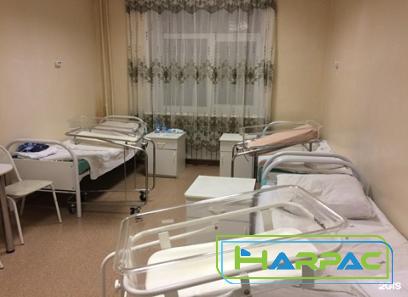


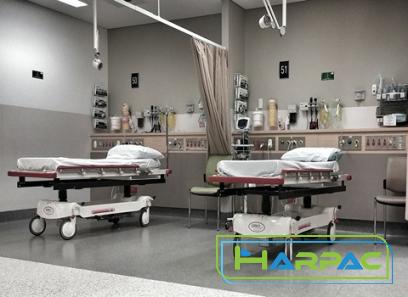
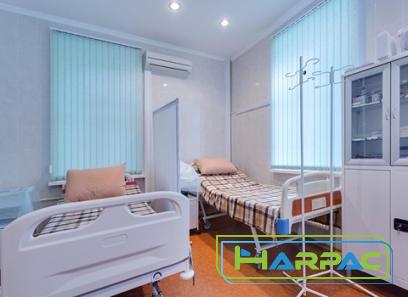
Your comment submitted.